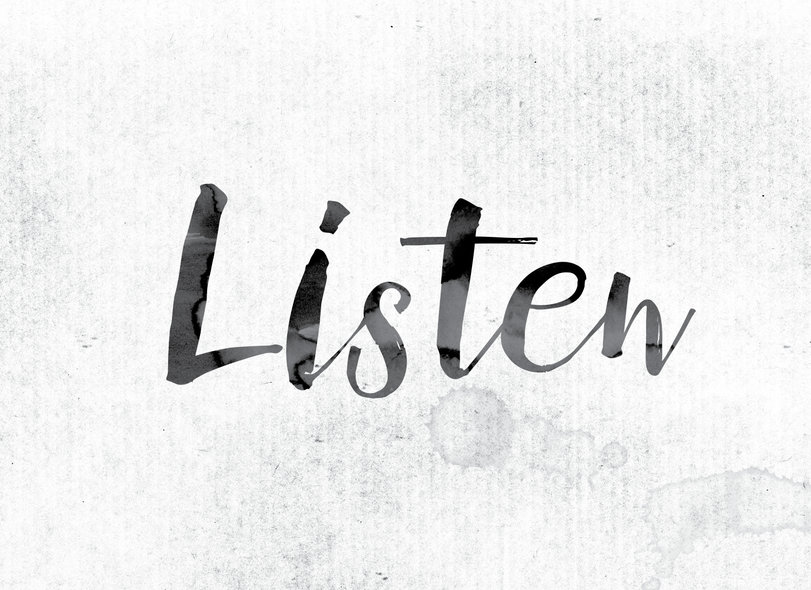These Words Are Being Typed
ten days after the devastating attack at Robb Elementary School in Uvalde, Texas left 19 children (nine to eleven-years old) and their two heroic teachers dead. Slaughtered. There have been more than 230 mass shootings in this country so far this year.
I Am Haunted
by reports of multiple calls made to 911 by two young children trapped in their classroom. I hear their voices. Imagine the bravery required to surreptitiously, secretly get your phone, dial those three digits and urgently whisper a cry for help. “Please send the police now” was one message. Who was listening?
The Deep Divisions
and animosity currently on display in the U.S. are driving many of us, accustomed to some sense of the Greater Good, to a kind of despair. It’s hard to understand, let alone trust, each other.
I Coach Communication Skills
for corporate leaders in business. And I think often about the value of listening better. Of not being so into our own heads and our own agendas that we don’t hear what’s in front of us. Maybe there are some lessons to be learned from the world of business communications.
Ask Questions
If you can start with openness, you can ask open-ended questions. Your goal is to diffuse defensiveness on the part of your listener:
Can you help me understand how…why…if…
I’m curious about…how…why…
I’m not sure I understand your…
Can you share your perspective on…
Can you help me get the picture more clearly?
Can you offer some examples?
Is there anything new I should know about?
Listen Actively
This takes focus, attention and generosity. It is not the time to frame your rebuttal. Be present, take notes, listen for key messages. Listen for what isn’t being said; the words unspoken that are under the surface. Watch for facial cues.
Be Generous With Empathy
Everyone wants to feel seen, heard and validated. Use you and your as much as possible.
I appreciate how you’re thinking about this.
I agree with you that this has been a missed opportunity.
Thank you for sharing that information.
I value your input.
I can see that must have been difficult for you.
I can understand how you came to that conclusion.
It’s Not What We Say; It’s What They Get.
No matter how well we know our content, if our listeners are not hearing us, it is up to us as communicators to reframe and to try different approaches. We have to meet our audiences where they are first, before we can move them towards where we want them to go. Build bridges. Reference commonalities. Create joint frameworks.
The Dalai Lama Says
“When you talk, you are only repeating what you already know. But if you listen, you may learn something new.” His is a gentle way of guiding us to greater understanding. No gun required.
There are other countries (Canada, New Zealand, Norway, Britain, Australia, Germany) that have modeled other ways to handle gun violence and the senseless loss of life. Over and over, the violence statistics show the U.S. to be an outlier, out of step with other advanced democracies. Are we listening?
We can do better. Indeed, we must.
Be the happy recipient of more great tips and techniques, along with intelligent musings on the state of communications, by signing up for Diane Ripstein’s regular NewsNotes right here.
